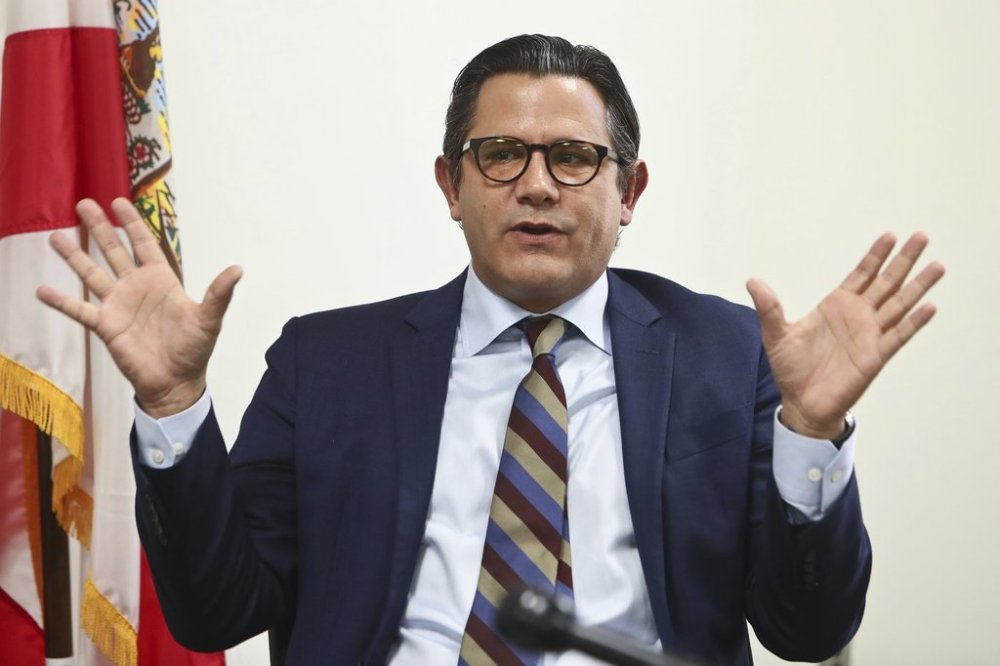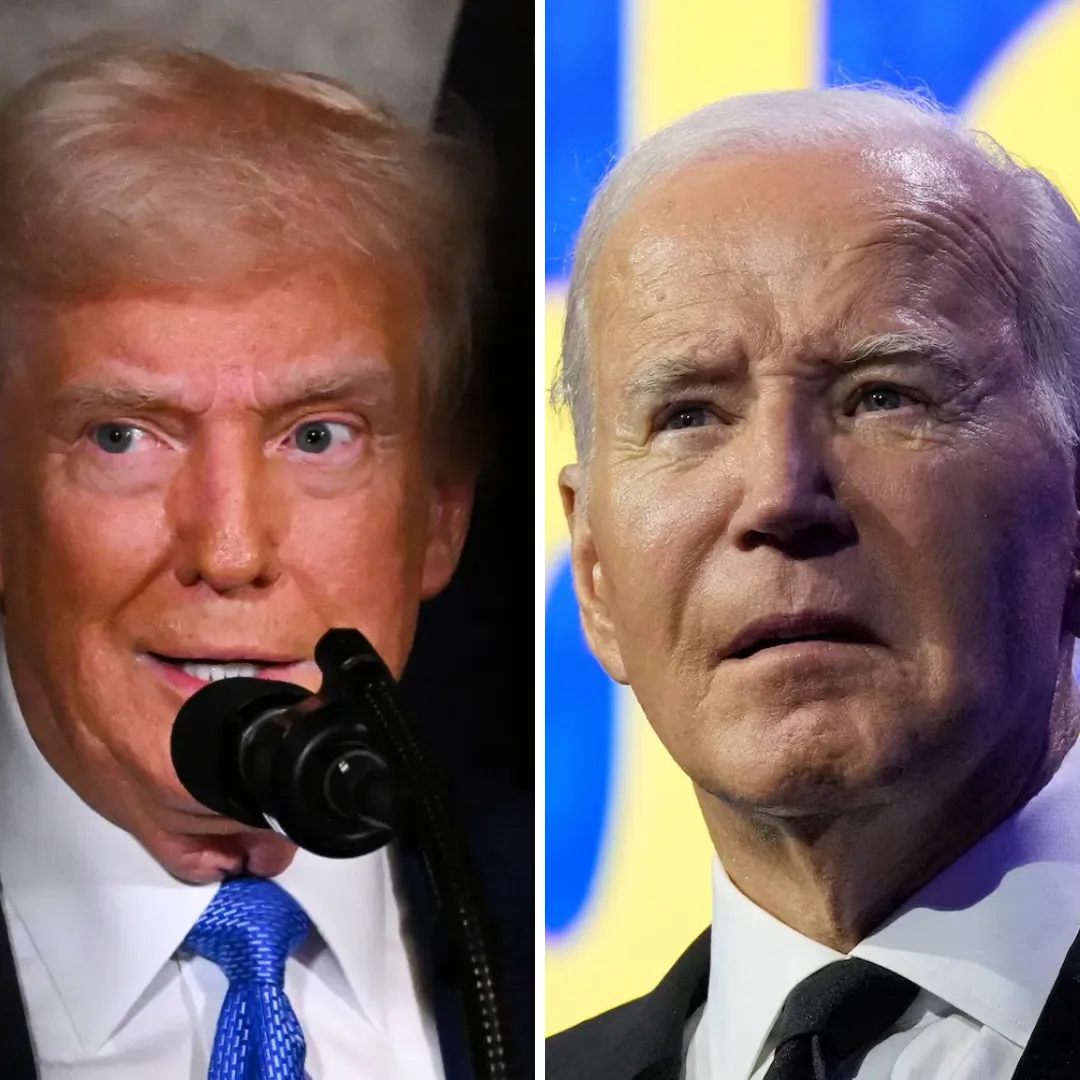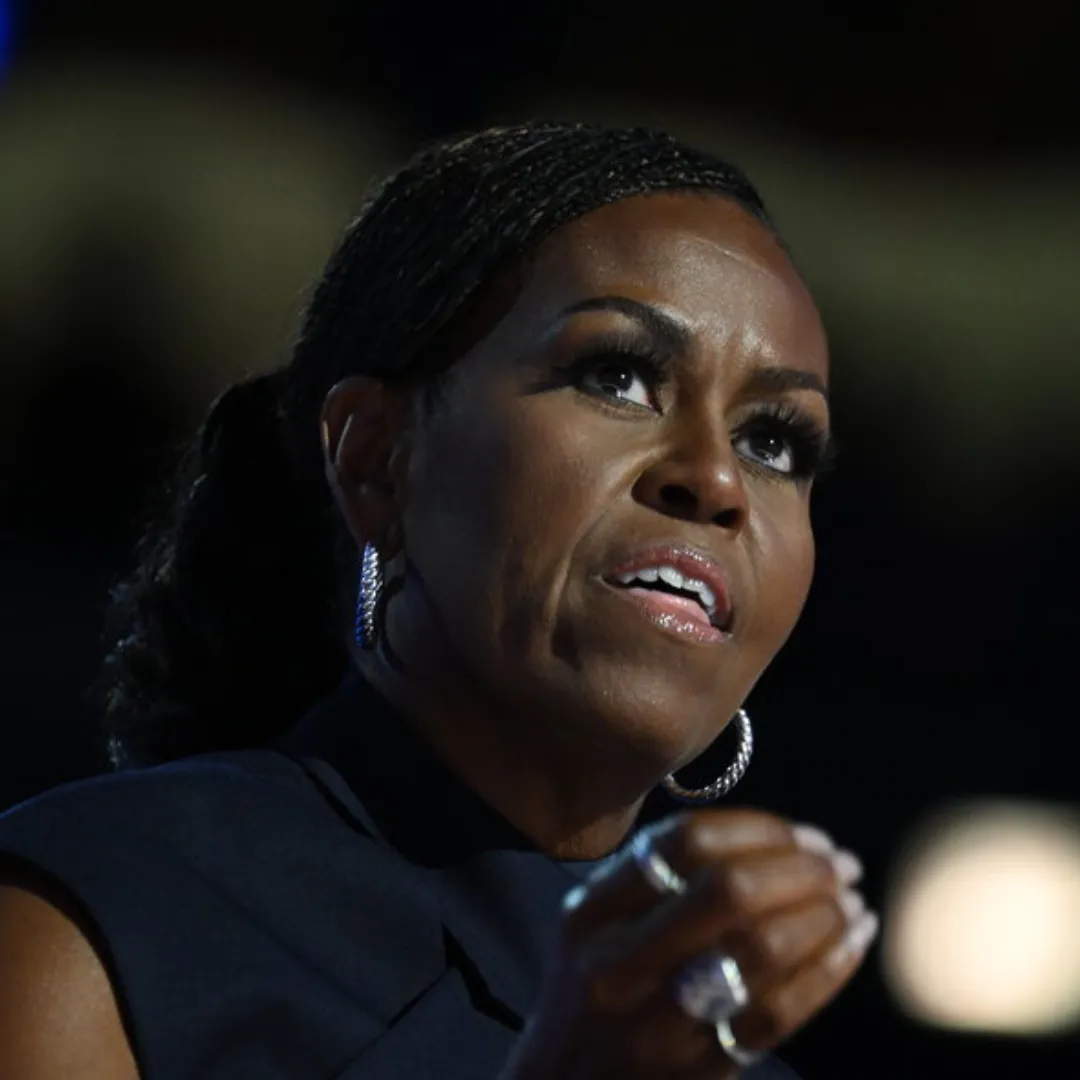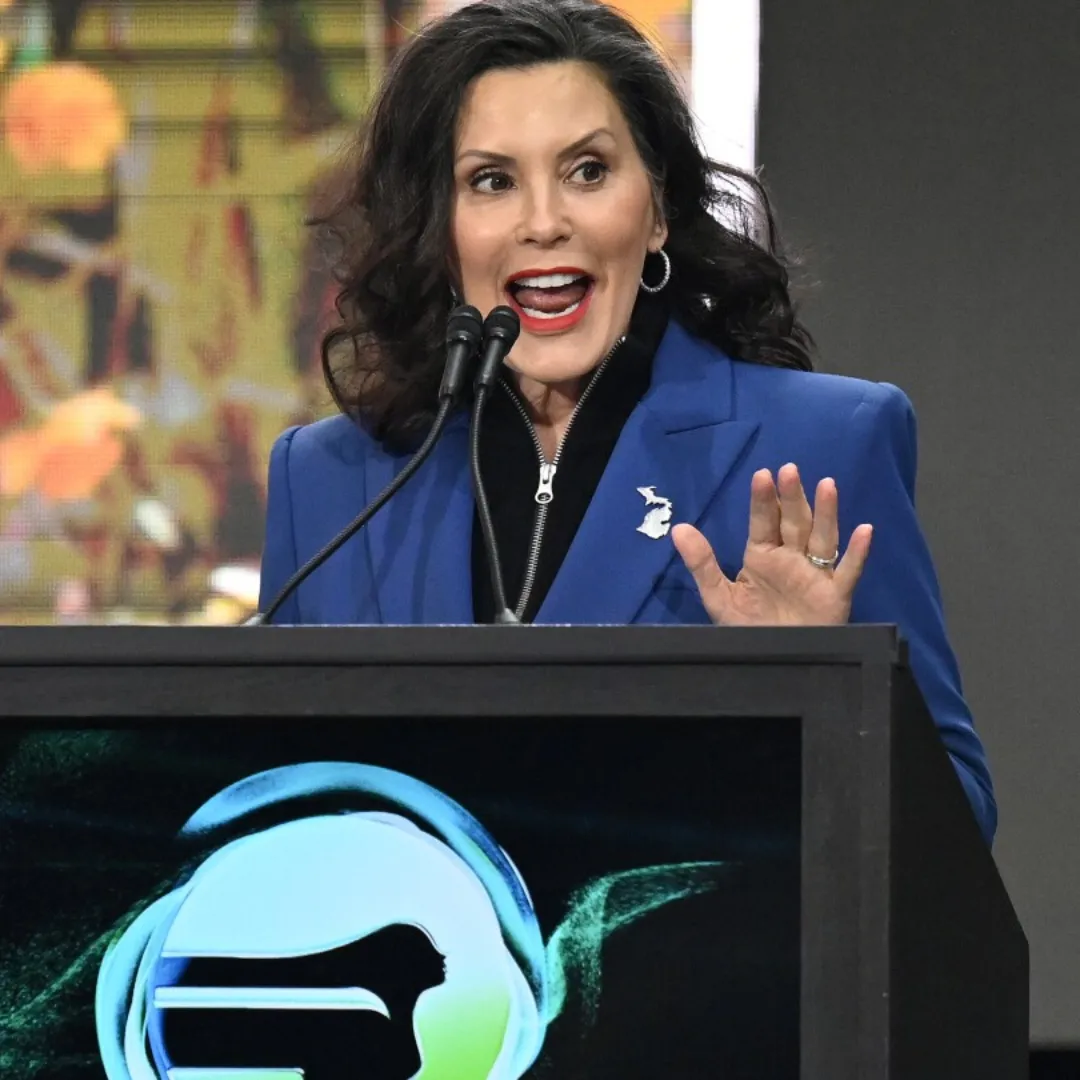
Florida Senate Minority Leader Jason Pizzo has officially severed ties with the Democratic Party in a bombshell floor announcement Thursday that stunned his colleagues in Tallahassee and sent tremors through the state’s already fractured opposition.
Speaking from the state Senate chamber, Pizzo announced he had mailed in a voter registration form to change his party affiliation to no party affiliation, effectively leaving the Democratic Party behind and renouncing his leadership role in one of the country’s most politically contested states.
His dramatic exit marks yet another high-profile defection at a time when the Florida Democratic Party is experiencing a crisis of identity, internal division, and shrinking influence.
“There will be a caucus meeting later this afternoon where I hope that the members of the Democratic caucus will elect a new leader,” Pizzo told lawmakers. He went on to deliver a searing critique of the party’s condition. “The Democratic Party in Florida is dead,” he declared bluntly.
“But there are good people that can resuscitate it, but they don’t want it to be me.” His words, loaded with bitterness and finality, reflected a deeper rift within the party—one that has led multiple lawmakers to abandon the label altogether and raised new questions about its long-term viability in a state rapidly shifting rightward.
Pizzo’s departure follows a string of exits that have severely weakened the Democratic brand in Florida. In the past few months, two state representatives, Susan Valdes and Hillary Cassel, switched parties from Democrat to Republican, citing ideological disillusionment and political pragmatism.
Their departures were seen at the time as troubling signs of instability, but Pizzo’s resignation—delivered by the Senate’s highest-ranking Democrat—has accelerated a broader narrative of collapse.
In his statement, Pizzo described the party’s transformation in deeply personal terms. “The party that my dad volunteered for with JFK, when he was 18 years old in 1960, is not the party today,” he said, invoking nostalgia for an era of civic engagement and idealism he believes the modern Democratic apparatus no longer represents. That reflection underscored his belief that the party has lost its moral compass, organizational clarity, and capacity for leadership.

The timing of Pizzo’s exit adds yet another layer of complexity. Just hours before his announcement, former Republican Representative David Jolly declared his intention to run for Florida governor as a Democrat, highlighting the fluid and increasingly unpredictable nature of Florida’s political landscape.
Jolly, who left the Republican Party in 2018, has since aligned himself with moderate causes and has sought to build a new centrist coalition within Florida. Pizzo’s abrupt exit now casts a long shadow over those efforts, further splintering the fragile coalition of voters and leaders who once formed the core of Florida’s Democratic movement.
The official response from the Florida Democratic Party was swift and scathing. Party Chair Nikki Fried delivered a blistering rebuke of Pizzo’s leadership and character, characterizing his departure not as a principled stand but as a tantrum rooted in ambition and personal frustration. “Jason’s failure to build support within our party for a gubernatorial run has led to this final embarrassing temper tantrum,” Fried said.
“His legacy as leader includes continually disparaging the party base, starting fights with other members, and chasing his own personal ambitions at the expense of Democratic values. I’d be lying if I said I’m sad to see him go, but I wish him the best of luck in the political wilderness he’s created for himself.”
The comments reflect a long-simmering feud between Pizzo and elements of the party leadership. Sources close to the Democratic caucus say tensions have been building for months, with disputes over messaging, strategy, and candidate recruitment boiling over behind closed doors.
Pizzo, known for his blunt style and unwillingness to adhere to party orthodoxy, often clashed with colleagues and became increasingly isolated from the political machinery he was supposed to lead.
While Fried insists the party is stronger without him, others inside the chamber seemed blindsided by the timing and tone of his resignation. Democratic state Senator Shevrin Jones expressed surprise and pushed back against Pizzo’s assessment.
“The Democratic Party in Florida is far from dead,” Jones told reporters. “The Democrats are not dealing with a values issue, we’re dealing with an engagement issue.” His comment hinted at a more optimistic interpretation, suggesting that despite electoral setbacks and internal dysfunction, the party’s principles remain intact and that its decline is more logistical than ideological.

Pizzo’s exit is not only a symbolic blow—it also creates an immediate leadership vacuum. As minority leader, he played a central role in shaping the party’s legislative strategy, coordinating opposition to the Republican agenda, and raising visibility for Democratic priorities in the statehouse.
His departure now forces the caucus to rapidly regroup and choose a successor, all while trying to navigate a deeply challenging legislative environment dominated by a Republican supermajority.
The implications stretch beyond Florida. National Democrats have struggled in recent years to hold ground in the Sunshine State, with failed gubernatorial bids, poor turnout in key counties, and repeated losses in Senate and House races.
Pizzo’s dramatic exit adds fuel to the growing perception that the Democratic Party is no longer a viable statewide force in Florida, and that its internal conflicts have rendered it incapable of competing effectively against a well-funded, disciplined Republican machine.
Despite the acrimony, some observers believe Pizzo’s move could ignite a broader conversation about reform and realignment. By walking away so publicly, he has drawn attention to systemic dysfunctions that others in the party have been reluctant to acknowledge.
Whether this act serves as a wake-up call or simply another chapter in the party’s decline will depend on how the remaining Democratic leadership responds in the coming days.
As for Pizzo’s political future, speculation remains rampant. His name has frequently been floated as a potential gubernatorial candidate, though his abrupt exit from the Democratic Party and his sharp criticism of its leadership could complicate any statewide ambitions.
Some believe he may attempt to run as an independent or even form a new political entity, capitalizing on the growing number of Florida voters who identify as unaffiliated. Others think his departure marks the end of his political career as an elected official.

For now, he remains unrepentant and committed to his decision. “I FedExed my voter registration form to change my party affiliation to no party affiliation,” he said, a symbolic gesture meant to underline the finality of his choice.
In an age of hyperpartisanship, walking away from a major party while holding leadership office is an extraordinarily rare move—and one that will not be easily forgotten.
With this announcement, Jason Pizzo has not only left a party. He has lit a match beneath it. Whether that fire consumes what remains of the Florida Democratic apparatus or forges something stronger in its place is a question that only time—and the next election—will answer.



